I still remember the first time someone asked me if I wanted kids. I was barely twenty, sitting in a matatu heading to town, when a friendly older woman struck up a conversation. After asking about school and work, she leaned closer and whispered with a knowing smile, “So, when will we hear the good news?” I laughed awkwardly, because how was I supposed to answer a question I hadn’t even asked myself? The truth is, deciding whether or not to have children isn’t something you figure out overnight. It’s layered, personal, and deeply tied to how you see your future.
This article isn’t a list of pros and cons. It’s more like an honest letter to anyone who’s caught in that space of not knowing. You might feel the weight of expectations from family, society, religion, or even yourself. At the same time, there’s your quiet inner voice that wonders whether parenting is really for you. And that’s exactly where the journey begins—acknowledging that uncertainty doesn’t make you wrong or broken. It makes you thoughtful.
For years, I thought there was a universal timeline for adulthood. Graduate, find a job, get married, have children. That’s the script we’re handed before we can even decide if we want to be actors in the play. Yet as I started building my own life, I realized I could edit the script. I could choose a path that fit my energy, values, and ambitions. Some of my friends were eager to embrace motherhood or fatherhood. They spoke about it with a sense of destiny. Others shied away from the idea entirely, focusing on careers, travel, or personal freedom. And then there were people like me, floating in the middle, unsure if the longing for kids would ever really settle in.
One thing that helped me was having conversations with people who had already made their choices. A cousin who became a father in his twenties described the joy of watching his child’s first steps. His eyes lit up in a way that made me understand why some people feel called to parenthood. On the other hand, a former colleague in her late thirties told me she had no regrets about staying child-free. She built businesses, traveled the world, and cultivated a vibrant community of friends. Hearing both perspectives gave me a wider lens. Neither path sounded wrong—it was about alignment with who they were.
If you’re standing at this crossroads, I’d suggest asking yourself a few heart-level questions. First, do you see children as adding joy to your life, or as fulfilling someone else’s expectations? Second, what kind of lifestyle do you dream of, and would raising kids bring you closer to or further from that dream? Third, how do you picture your older years? Some people long to be surrounded by family, while others imagine freedom and independence as their gift to themselves.
Money is often part of the conversation, but it’s not just about school fees and medical bills. It’s about emotional economy. Parenting demands time, attention, patience, and resilience. I once spoke to a single mother in Nairobi who confessed she felt torn every day between her job and her child. “It’s not easy,” she said, “but when my daughter hugs me at night, I know it’s worth it.” Her words stuck with me, because they reflected both the sacrifice and the reward.
At the same time, I’ve also met couples who realized too late that they became parents to satisfy external pressure, not genuine desire. They loved their children, but they struggled with resentment and exhaustion. That’s why honesty with yourself matters more than anything else. This isn’t a decision you make for a season—it’s a commitment that reshapes your entire identity.
Here’s something else I learned while wrestling with my own uncertainty: it’s okay to change your mind. You don’t have to decide at twenty-two what your life will look like at forty. You can choose not to have kids now, then later discover the desire. Or you can dream of children early on, then realize your joy lies in other pursuits. Your worth doesn’t decrease if you don’t become a parent. The love you give to friends, siblings, community, and even yourself is just as meaningful.
What about legacy? People often say children are your legacy. But I believe legacy is broader than bloodlines. It can be the art you create, the lives you touch, the businesses you build, or the kindness you show. A teacher who inspires generations, an artist whose work moves people, a mentor who lifts others—these are legacies as lasting as raising a family.
If you’re not sure about kids, resist the urge to compare yourself to others. The friend posting baby photos isn’t proof that you’re behind. The neighbor juggling twins doesn’t mean you’re less mature. Your timeline is your own. Don’t rush a decision because you fear judgment, and don’t cling to indecision out of fear of missing out. Both choices have beauty, both have challenges, and neither defines your value.
The deeper I sat with these thoughts, the more I realized uncertainty can be a gift. It forces you to slow down, reflect, and live consciously. It keeps you from slipping into autopilot and making choices just because “that’s what everyone does.” Whether you eventually embrace parenthood or embrace freedom, the point is that you’ll be walking a path you’ve chosen with open eyes.
And maybe that’s what this whole question is really about—not kids, not timelines, not expectations. It’s about living in truth with yourself. You don’t owe anyone a child. You don’t owe anyone a justification. What you owe yourself is honesty, peace, and the courage to live the life that feels right in your bones.
So if you’re reading this while scrolling through a mix of baby showers and solo-travel vlogs, wondering where you belong, take a breath. You’re not behind, and you’re not lost. You’re simply in the process of becoming. And when the time comes—whether you hold a child in your arms or hold your independence—you’ll know it was your choice, your story, your truth.
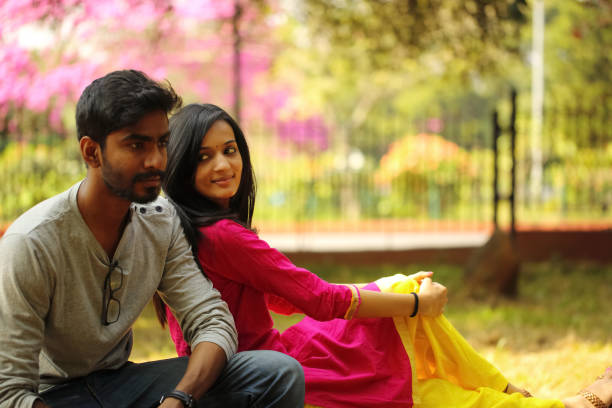
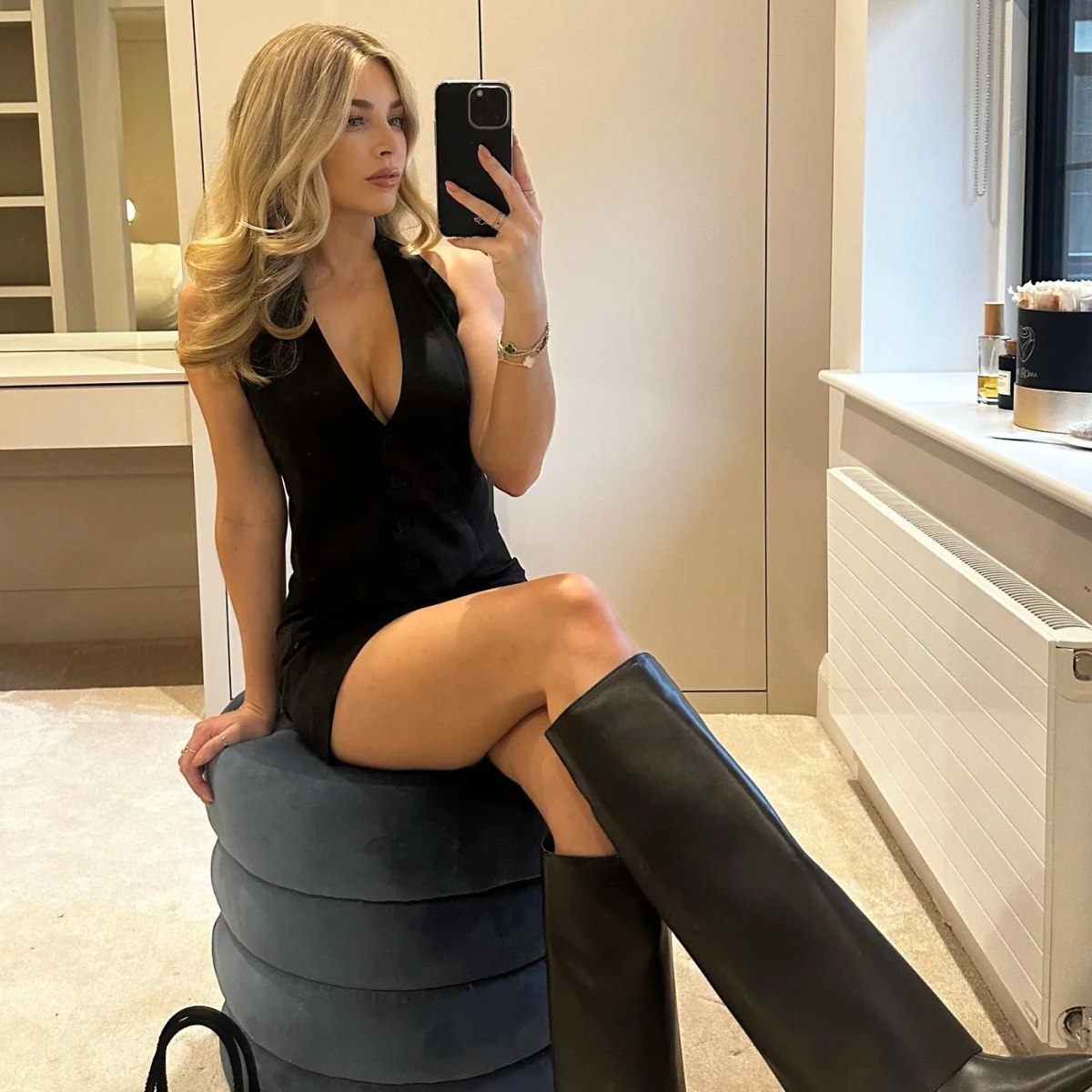
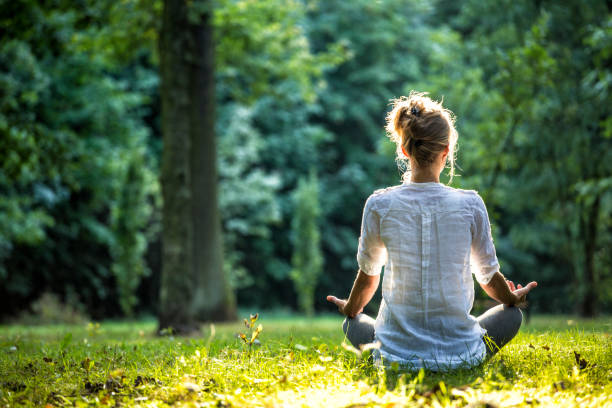
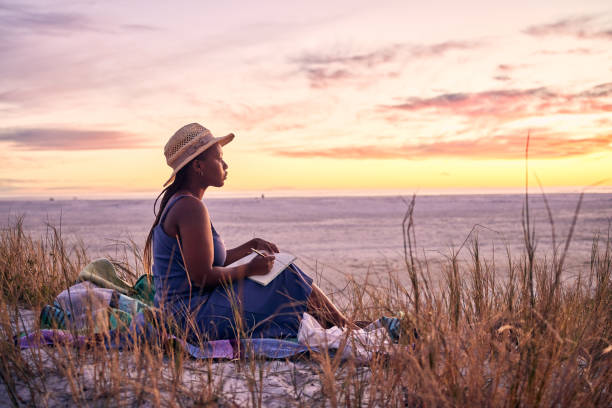

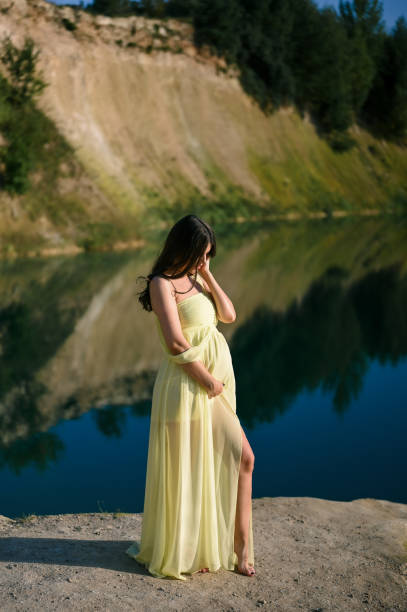
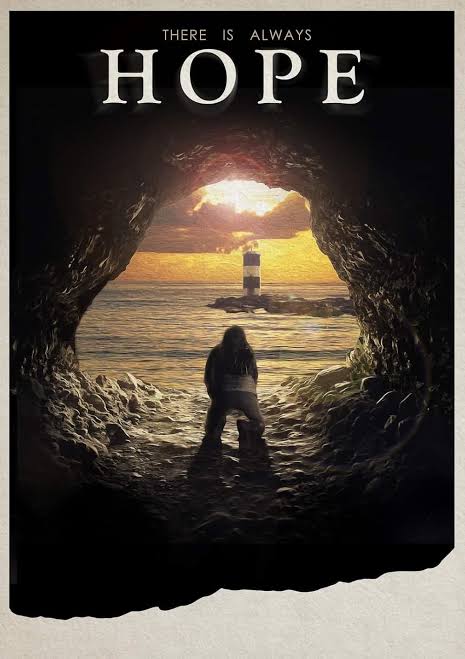
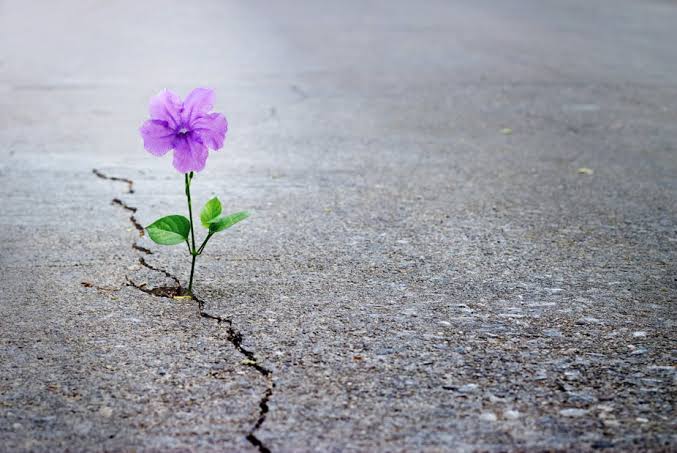
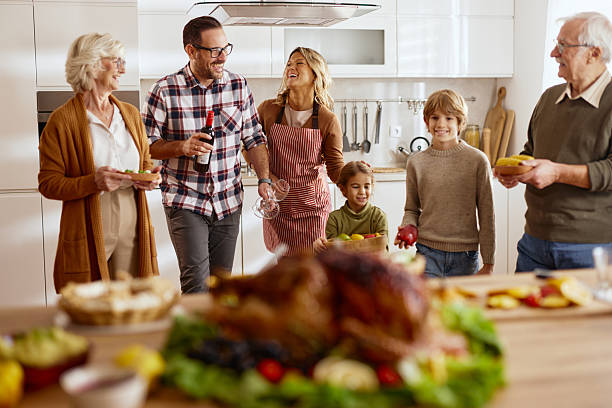
Comments (0)